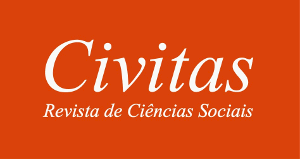Abstract:
Global health, as a political category of international health regulation, is not new. New are the devices and transnational policy settings to manage the consequences to human and animal health derived from global sociopolitical and environmental interconnections. This article examines how the repositioning of the role of the World Health Organization - due to the impacts caused by the concept of emerging infectious diseases (science) and the entry of new actors and alliances at the core of its strategic coordination (power), which culminated in the revision of the International Health Regulations (norms) - brought new challenges to the security system of global health in the face of threats that spread beyond the borders of nation-states. Global health security implies a break with the traditional devices by enhancing the role of agencies and transnational actors, but the surveillance system (recording and reporting of diseases) is dependent on the specific interests of national (and local) spheres.
Keywords:
Global health; Emerging infectious diseases; Globalization; World Health Organization
